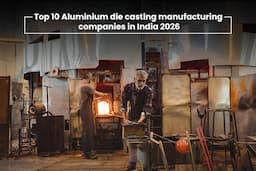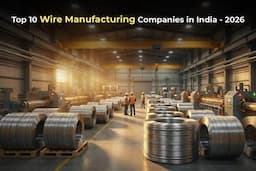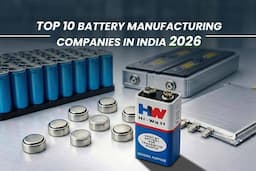Back in December 2021, while writing an article for guest column of a leading business tabloid soon after the COP26 Glasgow Summit on climate change, we had commented on the next steps.
Our observation was that supply chain transformation will enable the smooth reconfiguration of value to reflect the real reprioritization of climate change in corporate value chains and value systems.
Governments will start clearing out carbon content from the supply chain, manufacturers will have to roll out innovative solutions with speed and scale to cash in on the opportunities. Everyone will have an active role to play.
The time for such a supply chain transformation has come. What makes each one of us at Moglix Business so confident about the renewable energy supply chain transformation? The answer to this question is in the e-book “Energizing India@75: The Renewable Energy Supply Chain Transformation We Need to Fight Climate Change”.
The Future of Renewable Energy Supply Chain in India; Digital and Made to Order for Agility at Scale
India’s next generation renewable energy mix to fight climate change will require a whole new approach to handling the manufacturing supply chain. From supplier capability mapping, quality management of made to order equipment like solar PV modules, solar PV cells, wafers/INGOTs to poly silicon, and monitoring work in progress, everything should come together on digitally integrated ecosystems and centralized data governance platforms.
It will ensure that all stakeholders in the ecosystem like IPPs, EPC companies, OEMs, MSMEs, lenders, and investors are relying on the same numbers to look from their respective vantage points.
Energizing India at 75: The Significance of the E-Book
We have tried to answer some difficult questions in this e- book. These include answers to the lenders’ checklist for offering credit to independent power producers, the debt equity ratio for such projects, and which sector offers the greatest incentives to IPPs?
True to the best of our knowledge, we believe that solar PV projects have an advantage. We have therefore done an end-to-end value chain analysis of the solar PV projects.




